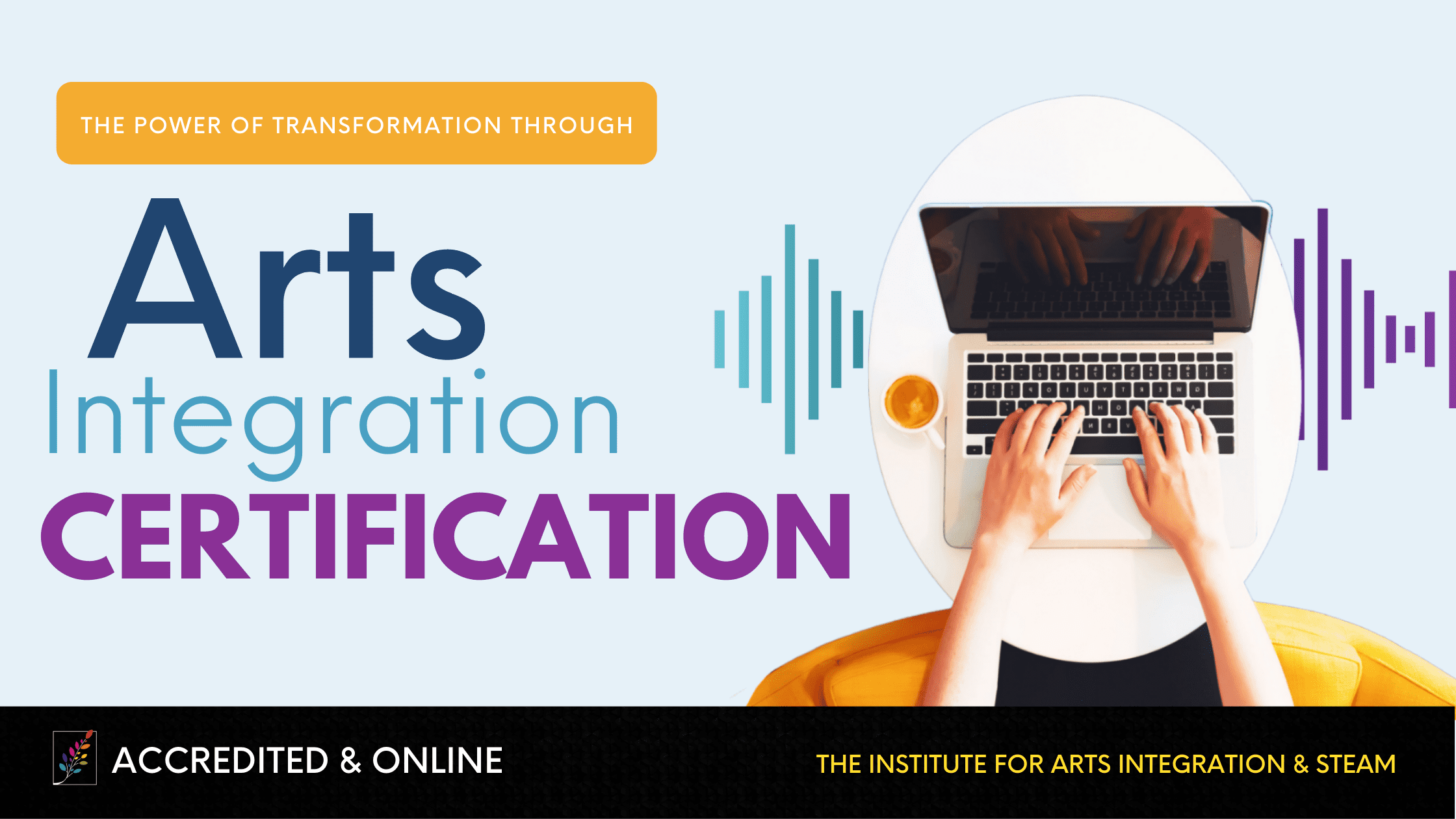Core Music Anchor Standard 3
3 Min Read • National Core Arts Standards
This month, as part of our year-long series unpacking the Core Arts Standards for General Music, we will be looking at Core Music Anchor Standard 3. This standard is the first to include two steps of the creative process, and thereby include two enduring understandings and essential questions. Today, we will be focusing on the “evaluate and refine” portion of this standard.
Anchor Standard 3: Refine and complete artistic work.
Artistic Process: Creating (Evaluate and refine)
Enduring Understanding: Musicians evaluate and refine their work through openness to new ideas, persistence, and the application of appropriate criteria.
Essential Question(s): How do musicians improve the quality of their creative work?
Big Ideas
This third standard addresses the importance of revising and editing musical works for final presentation. The following are some important pieces that occur throughout the grade-level content standards:
- Consider and apply feedback
- Evaluate, refine, and document revisions
- Apply teacher-provided and collaboratively-developed criteria
- Describe the rationale for making revisions
Then and Now
While it has always been a vital step in the creative process, nowhere in the 1994 National Standards for Music is there a standard that addresses this important idea of refining and revising musical works. In performance-based music education, it’s inherent that students are evaluating and refining their work continually, but this is sometimes more difficult to do in the process of creating music, particularly with younger students, if only because of the time constraints many general music educators face. This new standard, however, places the responsibility with us to explicitly teach our youngest composers how to think critically about their own musical creations, to apply feedback, and to develop criteria to show improvement. This is much more difficult than it sounds, so how do we begin to teach this “soft skill” of critical thinking?
- Include frequent analysis of the musical compositions of others from the youngest grades to allow students to begin to think critically about musical ideas.
- Allow students to share their work with others and provide structured peer feedback.
- Build in time for students to talk with you about their musical compositions. This can be challenging with limited time- perhaps it can be built into a centers rotation or you can create a “conference” schedule that will allow you to meet with students to provide feedback.
- Ask students to justify why they make musical decisions, even in informal, improvisational experiences.
Common Core Connections
ELA: Writing 5: Develop and strengthen writing as needed by planning, revising, editing, rewriting, or trying a new approach.
We ask students to revise, edit, and improve their creative ideas in writing, so it is only natural that we should ask them to apply the same revision process to their musically creative ideas. This is paramount to building the 4 C’s in our students: creativity, communication, collaboration, and critical thinking.
Math: Standard for Mathematical Practice 4: Model with mathematics.
While not the most intuitive connection, this standard for mathematical practice states that mathematically proficient students “routinely interpret their mathematical results in the context of the situation and reflect on whether the results make sense, possibly improving the model if it has not served its purpose.”
In addition to these Common Core connections, there is a distinct connection to the processes that are being explicitly taught to many STEAM students: the processes of inquiry-based learning as well as the engineering design process. Each of these three processes is color-coded below to show aligning steps. Although the sequence of these steps might differ from one process to another, you can see that each process distinctly asks students to allow time for reflection, feedback, and revision, vital steps in helping students develop critical thinking and problem solving skills.



